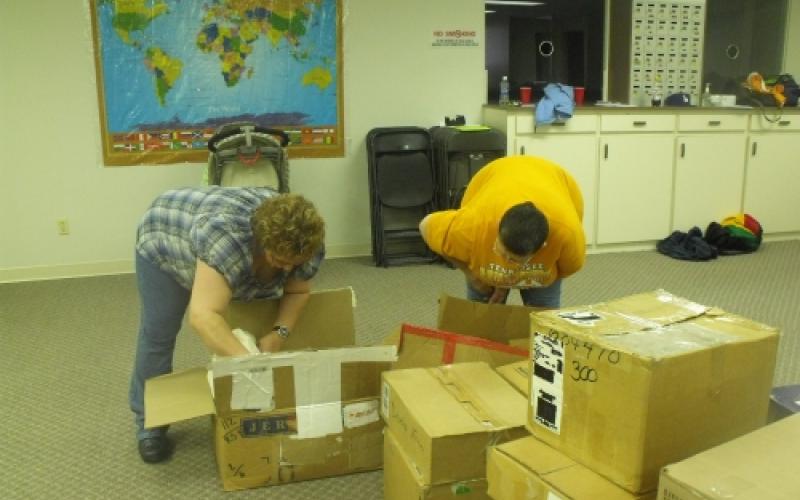
Pharmaceuticals are the single most common public health intervention for prevention and treatment of diseases, but access is a significant limitation in the developing world. Physical and financial barriers are struggles that all nations share, but in low resource settings the need for health system and market interventions is especially important. An estimated one-third of the global population lacks access to chronic and acute medications, and often the medications people use are low quality or bought from the black market. The goal of global pharmaceutical access is to make quality medicine available at affordable prices to people in locations where they receive medical treatment.
There are several traditional approaches to improving access currently in place, but they require further evaluation. The management of standard treatment guidelines, educational campaigns, and essential medicine lists typically translate well to low resource settings. The essential medicine list, according to Richard Laing of the World Health Organization, should be developed along with the standard treatment guidelines, as it provides the basis for purchase and distribution of drugs and for developing national guidelines. According to Daniel Halperin’s article, “Putting a Plague in Perspective”, AIDS programs receive billions of dollars in assistance while conditions like diarrhea, malnutrition, and pneumonia receive considerably less funding. Country specific needs must be addressed, as nations such as Lesotho maintain expensive inventories of AIDS drugs that may go unused, while basic medicines are unavailable to treat simpler and often preventable conditions. Globally, $8-10 billion is invested each year in AIDS work which is 100 times what is spent on safe water projects in developing areas. Western priorities and their need to confront headline grabbing diseases must be reconciled with the reality of Africa’s medical needs, such as clean water, vaccination programs, and antibiotics.
Interventions regarding affordability are needed the most but require country specific analysis and standardization. The removal of taxes, regulation of price controls, and promotion of generic medications are interventions that can be effective and enforceable if they are sufficiently regulated. Sustainable financing is an important component of improving access, as medicines make up 20 to 70% of health spending in developing countries, and public spending on drugs is lowest in these countries at 5-50% of total spending. Out of pocket spending is much higher for these nations, which in addition to the lower per capita income, impacts access considerably. Additionally, maintaining the quality of medications is difficult given the widespread availability of substandard and counterfeit drugs. Outsourcing, public-private partnerships, and legitimizing drug sellers are approaches in place to improve the reliability of drug supply.
The role of politics cannot be overlooked in the movement towards improving access. In the Netherlands, the recent seizure of Indian generic antiretroviral drugs headed to Nigeria is an example of overlooking public health interests in order to advance trade interests. European Union Regulations allow customs authorities to seize drug shipments they suspect to be counterfeit or in violation of intellectual property rights. While these regulations are important, misinterpretation can lead to significant losses life saving medications.
The urgent need to improve global pharmaceutical access has been addressed by several promising approaches that are relatively inexpensive. Along with the standard treatment guidelines, essential medicine lists, and problem based professional training, progress can be made towards reducing the amount of wasted resources and improving the efficacy of essential drug programs. While global access remains a significant public health issue, further evaluations of new interventions can lead to evidence based progress in this field. Improved access will change lives by creating healthy individuals, stronger communities, and efficient and effective health systems.

